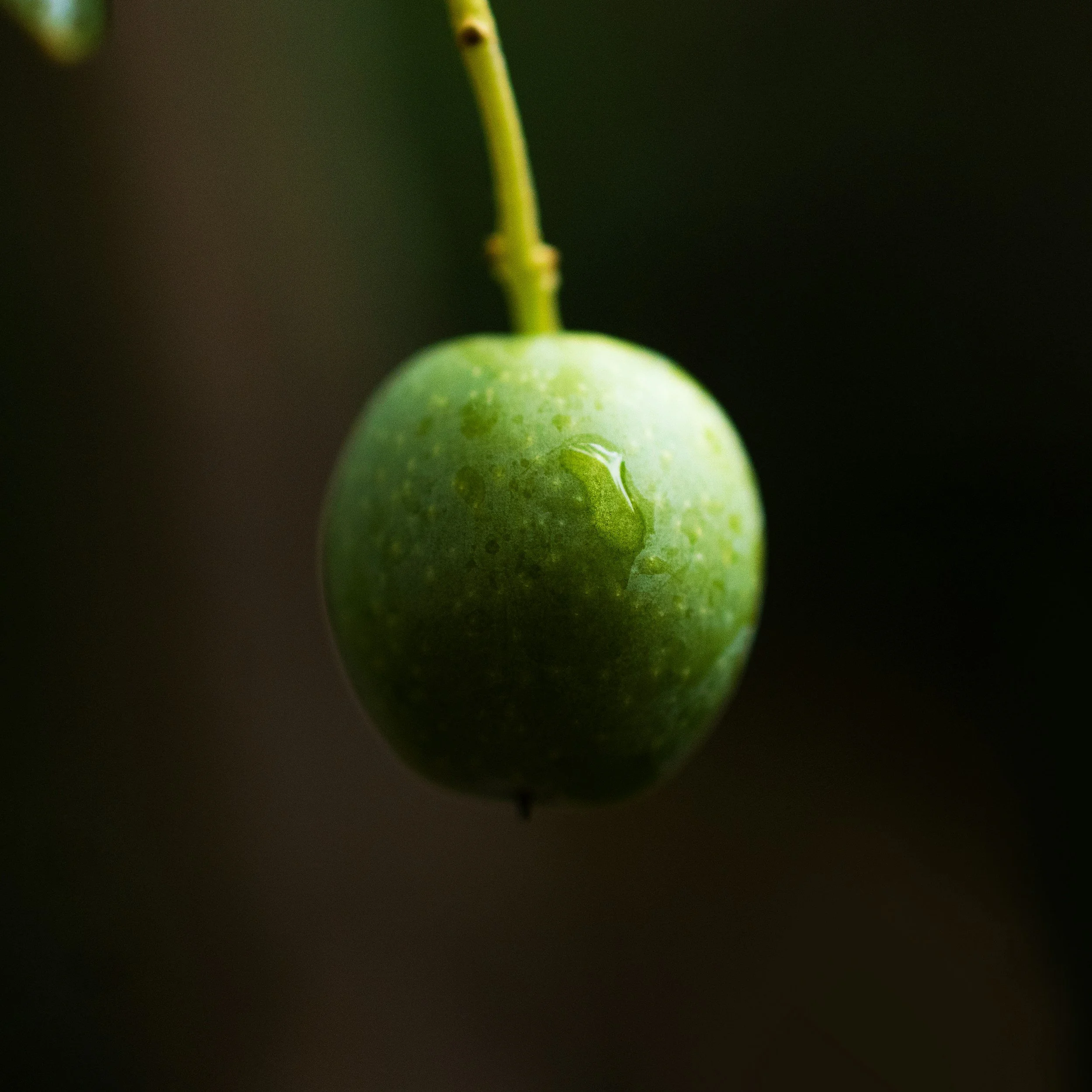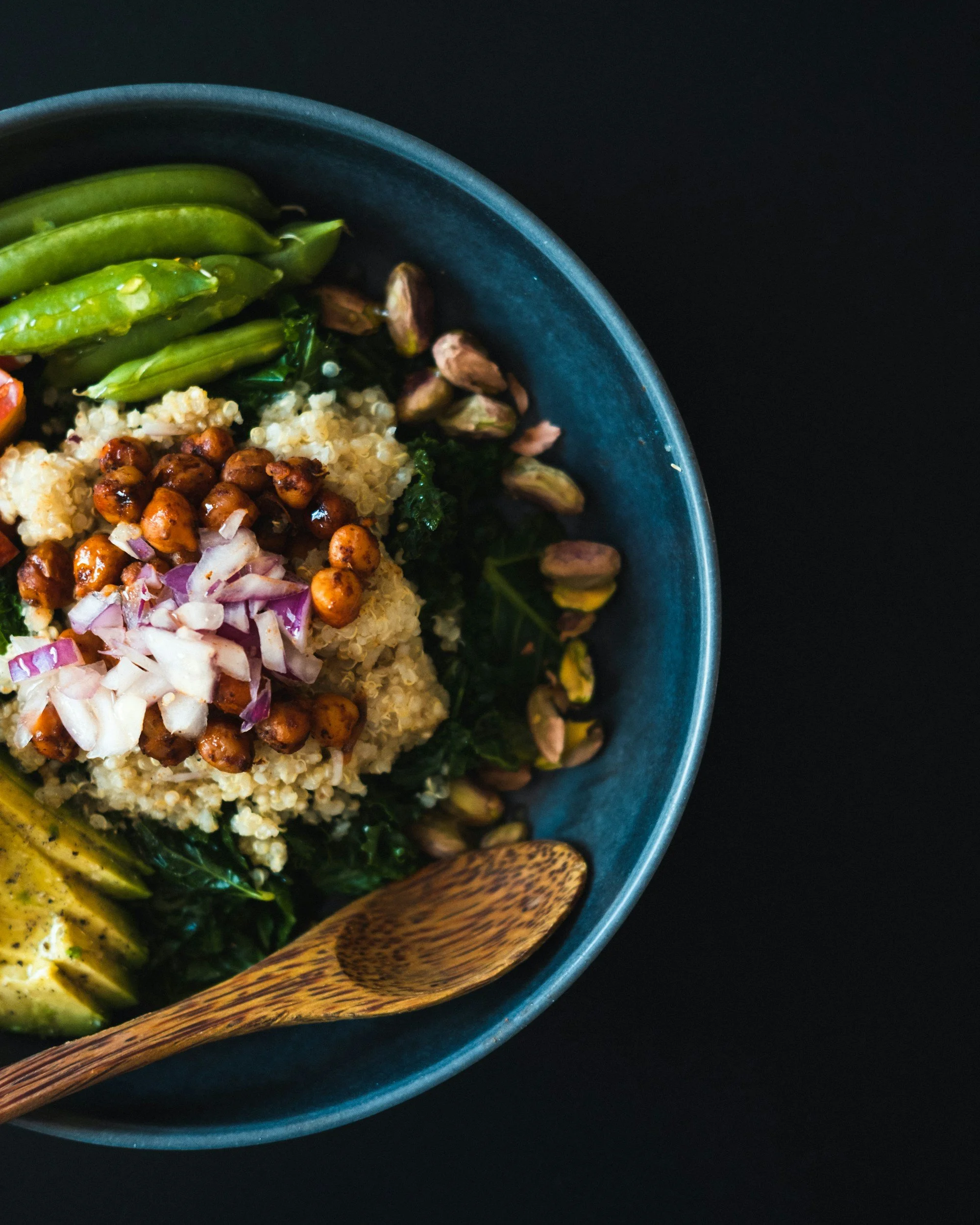Unlocking the Mystery of Olive Oil Polyphenols in Premium EVOO
The Importance of Olive Oil Polyphenols: Health Benefits, How to Choose, and Maximize Use
Introduction: What Are Polyphenols and Why Do They Matter in Olive Oil?
Polyphenols are powerhouse compounds found in extra virgin olive oil (EVOO) that offer a wide range of health benefits. These natural antioxidants protect cells from damage and help reduce inflammation. Studies suggest that EVOO rich in polyphenols can lower the risk of chronic diseases like heart disease and cancer. Choosing extra virgin olive oil with a high polyphenol content ensures you’re getting the most out of this superfood.
Health Benefits of Olive Oil Polyphenols
Antioxidant Properties: Polyphenols are known for their powerful antioxidant abilities. They neutralize harmful free radicals that can cause cellular damage, reducing oxidative stress in the body.
Anti-inflammatory Effects: Regular consumption of EVOO rich in polyphenols may lower inflammation, which is linked to chronic diseases such as heart disease, diabetes, and cancer.
Improved Heart Health: Studies show that polyphenols in olive oil can improve cholesterol levels and help regulate blood pressure, lowering the risk of cardiovascular diseases.
Support for Longevity: High-quality EVOO with high polyphenol content can promote overall well-being and may contribute to a longer, healthier life.
How to Identify Premium Extra Virgin Olive Oil (EVOO)
When selecting extra virgin olive oil, consider these factors to ensure you’re choosing a high-quality product rich in polyphenols:
Harvest Date: Freshness is key. Always check the harvest date on the bottle, as the highest polyphenol content is found in recently harvested oils.
Dark Glass Bottles: Premium olive oil is often stored in dark bottles to protect it from light, which can degrade the polyphenols and antioxidants.
Taste and Aroma: High-quality EVOO will have a fresh, fruity taste with a peppery finish, indicative of a high polyphenol content.
Factors Affecting Polyphenol Content in Olive Oil
Several factors can influence the polyphenol levels in EVOO:
Olive Variety: Different olive varieties contain varying levels of polyphenols, so some oils may naturally have more than others.
Harvest Time: Early-harvest olives tend to have higher polyphenol levels compared to those harvested later in the season.
Processing Methods: Cold-pressed and minimally processed oils retain more polyphenols.
Storage Conditions: Exposure to heat, light, and air can degrade polyphenols, so proper storage is crucial.
Best Practices for Storing EVOO to Preserve Polyphenols
To maintain the polyphenols and maximize the health benefits of EVOO, follow these storage tips:
Store olive oil in a cool, dark place, away from direct sunlight and heat sources like stoves or ovens.
Use airtight containers to prevent exposure to air, which can cause oxidation and reduce polyphenol levels.
Consume the oil within six months of opening to ensure optimal freshness and health benefits.
Cooking with EVOO: Tips to Retain Polyphenols
To preserve the beneficial polyphenols in EVOO when cooking:
Use it for low to medium heat cooking, as high heat can degrade the polyphenols.
Drizzle it over salads, dips, or finished dishes to enjoy the oil in its raw form, which retains the most antioxidants.
Always seal the bottle tightly after each use to minimize air exposure.
Polyphenol-Rich Recipes Using High-Quality EVOO
Incorporating high-quality EVOO into your diet is easy with these delicious, polyphenol-packed recipes:
Mediterranean Quinoa Salad: Combine cooked quinoa with diced vegetables, feta, and a drizzle of EVOO for a healthy, antioxidant-rich meal.
Garlic and Herb Roasted Veggies: Toss your favorite vegetables with EVOO, garlic, and herbs before roasting for a flavorful side dish packed with nutrients.
Herbed Olive Oil Dip: Mix EVOO with fresh herbs like rosemary and thyme, and serve with warm bread or raw vegetables for a simple, polyphenol-rich appetizer.
Understanding the Science Behind Polyphenols in EVOO
Polyphenols like hydroxytyrosol are abundant in extra virgin olive oil. These compounds provide the oil's antioxidant and anti-inflammatory properties, which are crucial for protecting cells and promoting overall health. The polyphenol content can vary based on factors such as the olive variety, the ripeness of the olives at harvest, and how the oil is extracted and processed.
Summary and Key Takeaways
Polyphenols in premium extra virgin olive oil offer numerous health benefits, including reducing inflammation, protecting cells from damage, and improving heart health. When choosing EVOO, look for high phenolic content (>250 mg/kg) and low acidity (<0.5%) to maximize the health advantages. Proper storage and mindful cooking methods can help preserve these beneficial compounds. By incorporating polyphenol-rich EVOO into your diet, you’re making a heart-healthy choice that enhances both flavor and wellness.


